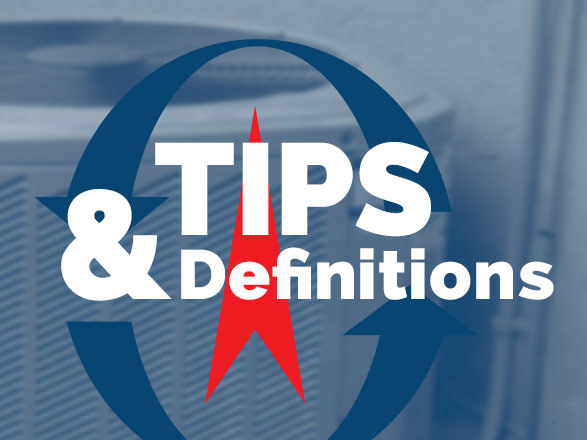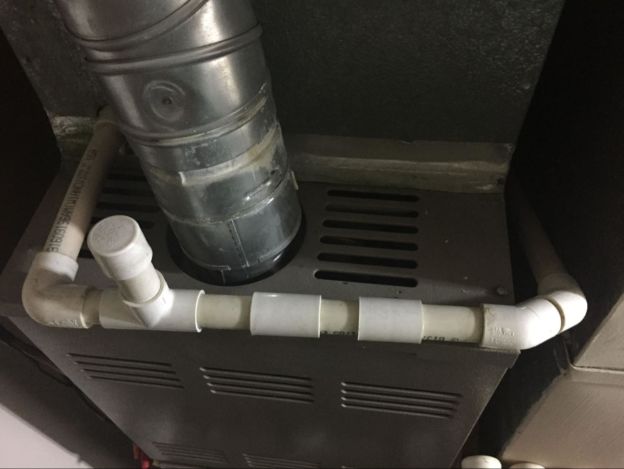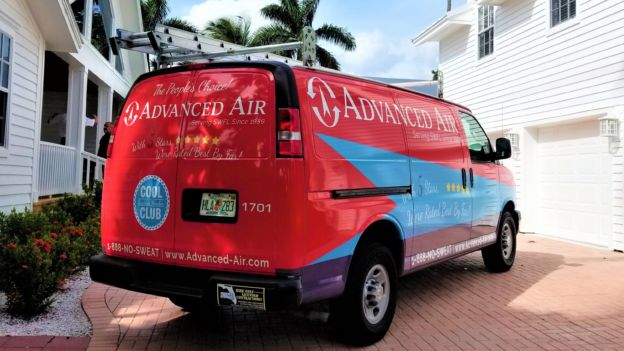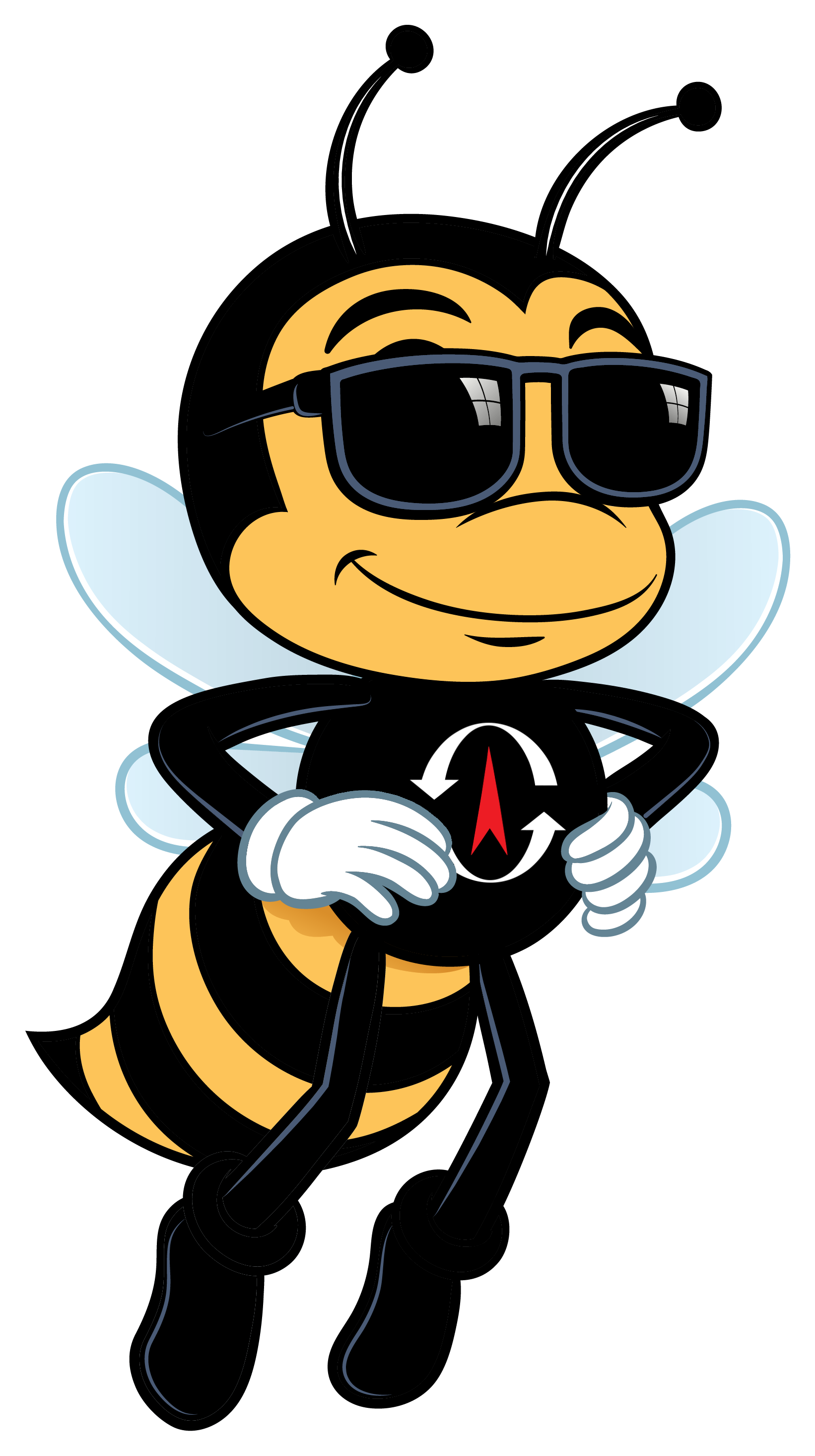How to Prevent AC Drain Lines From Clogging
February 07, 2023

Many AC units are robust and resilient, but all it takes is a clog in a single pipe to shut them down and potentially damage your home. Every system has a drain line that pulls excess debris, dust, and water from the unit. However, the drain line can also become an Achilles’ heel for your air conditioner without proper maintenance.
In this article, we’ll dive into exactly how this happens and answer some common questions, including:
- How do air conditioners work?
- How do they get clogged?
- Signs you have a clogged AC drain line
- How to clean your drain line
- How to prevent clogged AC drain lines
- When to get professional help
Worried About Your AC Drain Line?
Advanced Air has served Southwest Florida for over 30 years and guarantees you will be 100% satisfied with our work. Our skilled technicians can provide you with an honest quote and repair most AC issues on the same day. Call us at (888) 853-5143, or just click the button below to schedule an appointment today.
How Do Air Conditioners Work?
While the specifics of how your air conditioner works depend on your setup, most systems use the same basic technology. A typical air conditioning system has the following:
- A thermostat
- An outdoor unit with a fan, compressor, and condenser coil
- An indoor unit that contains an evaporator coil and fan
- An evaporator coil that houses refrigerant
- Expansion valve that regulates refrigerant flow
- Ductwork
An air conditioner's actions align with its outdoor and indoor units. Inside the home, warm indoor air blows across the cooling coil. The refrigerant (a chemical agent) in the system absorbs the heat and transitions it into a gas. The cooled air returns back to the house.
Outside the home, the system compresses refrigerant gas. The refrigerant returns to a liquid as the system releases heat outside with the outdoor unit's fan.
These actions continuously loop, pulling heat and humidity from the indoor air and releasing it outside. This returns cool air into your house.
How Do ACs Get Clogged?

The drain line in your air conditioner pulls out excess fluid.
As your system cools your house, it builds moisture and debris in a drip pan. A long pipe, called the AC drain line, connects the indoor and outdoor units. This drain line pulls the excess fluid from the drip pan and deposits it outside, allowing your AC to keep functioning correctly.
However, dirt and grime can sometimes accumulate in the drain line, providing the perfect environment for growing mildew and mold. These issues often contribute to a clogged AC drain line. When your AC drain line is clogged, it can eventually cause system failure and significant water damage to your home.
Signs You Have a Clogged AC Drain Line
Thankfully, a few signs indicate a drain line issue before it causes serious damage. The most common indicators are:
- Air-conditioned air smells moldy or musty
- Standing water around the indoor unit
- Rust or water damage along the base of the unit
- AC isn’t cooling the air, or the air feels more humid than usual
- AC shuts down mid-cycle or won’t turn on
- Water collects in the drip pan
How To Clean Your Drain Line
Learn how to clean your air conditioner’s drain line of gunk.
If there is minimal damage to the unit, surrounding area, and the drain line, you can attempt to clean it yourself. While your first thought may be to use powerful cleaning chemicals or bleach, these can cause significant corrosion in the drain line. Instead, follow these steps:
- First, get a bucket and a wire brush or pipe cleaner.
- Create a cleaning solution of heavily diluted vinegar.
- Working with water and electricity can be extremely dangerous, so shut the AC unit off at the breaker.
- Locate the drain line that feeds outside your home. It will be near the outdoor unit.
- Remove the cap from the drain line and look for obvious blockages, like dirt or mold.
- Loosen the debris using your wire brush and pour in your diluted cleaning solution.
- Let it sit for at least 30 minutes.
- Flush the pipe with fresh water and place the cap back on the drain line
- Monitor your system’s performance and contact an HVAC professional if you still see indicators of a clogged AC drain line, as the clog might be deeper within the line.
How To Prevent Clogged AC Drain Lines
As always, prevention is the key to keeping your AC running properly. An HVAC professional should perform maintenance at least twice a year. During their visit, they should inspect the system and pre-emptively fix simple issues like drain line clogs.
Additionally, you can help by regularly changing filters and keeping debris and dirt away from the indoor and outdoor units. The HVAC technician may recommend that you regularly flush your drain line with a distilled vinegar solution.
When To Get Professional Help
The simplest way to know if you need professional help is to ask yourself, do you feel confident doing the work yourself? Improper cleaning can lead to more water damage —or even AC system failure.
If there are signs that the drain line clog is causing serious harm, like extreme water damage or rust, simply clearing the clog may not be enough. In this case, HVAC professionals have the tools and skills necessary to make extensive repairs to your AC system.
Additionally, if you attempted to clean the drain line and nothing seemed to change, the clog could be deeper within the pipe. Only HVAC experts should attempt to clean the drain line from the indoor unit, so reach out to a company you trust.
Need To Clean Out Your Drain Line? Reach Out to Southwest Florida’s Best: Advanced Air!

Contact Advanced Air for reliable AC drain line cleanings and repairs in Southwest Florida.
Advanced Air is dedicated to giving you the highest-quality service. We have over 30 years of experience and some of the best technicians available in the area. Our AC repairs are efficient and convenient—we work around your schedule. We'll get your AC working in no time. Homeowners in Southwest Florida trust us to provide them with 5-star service.
Click the button below to schedule an appointment, or call us at (888) 853-5143!
- Posted in:
- Air Conditioning



